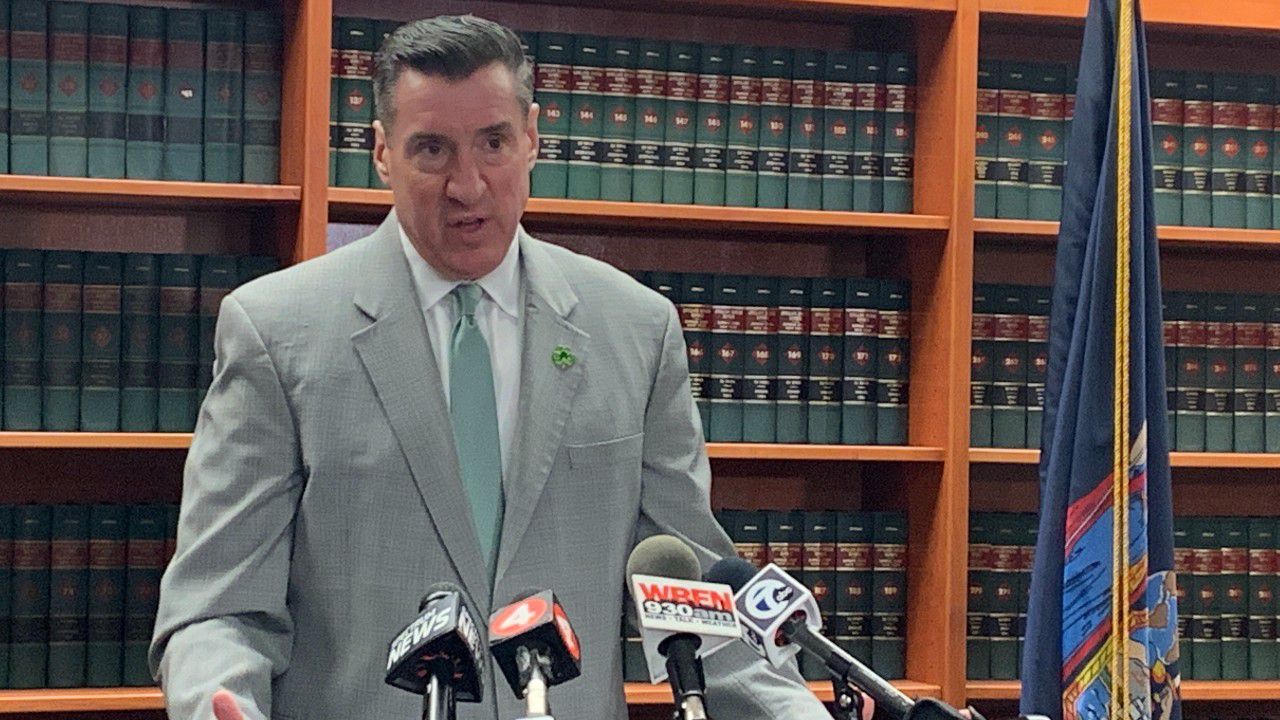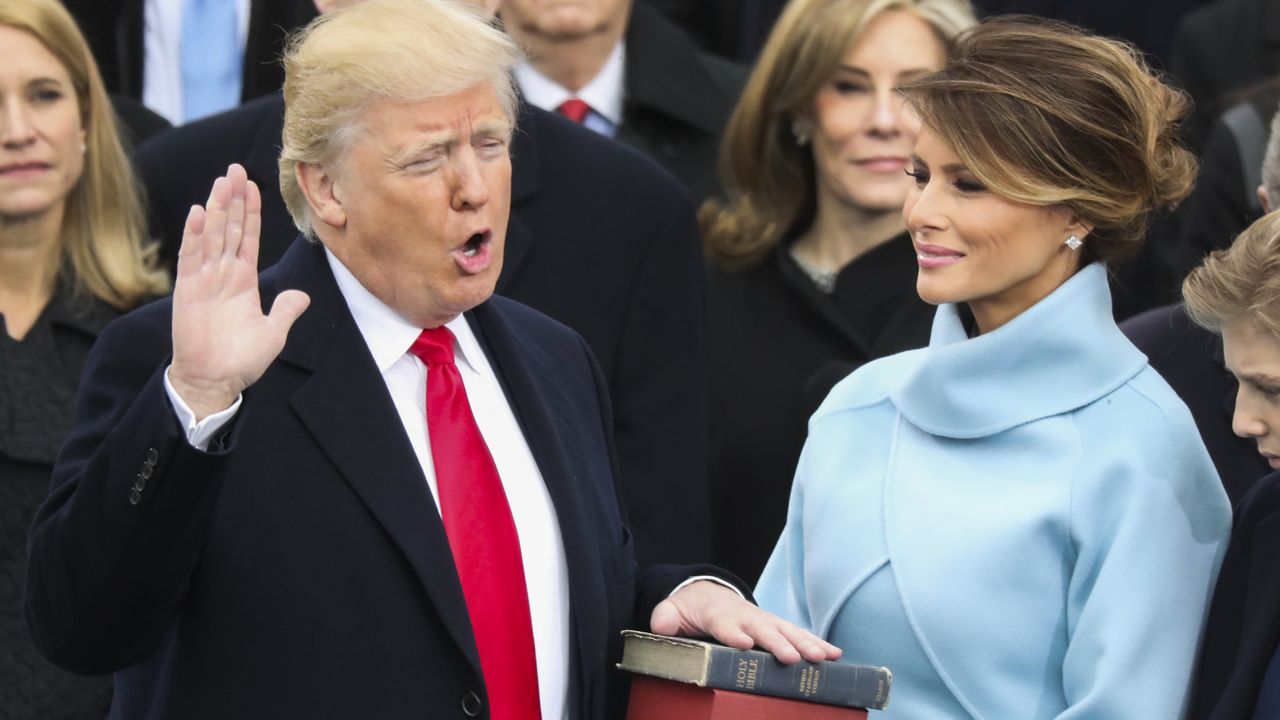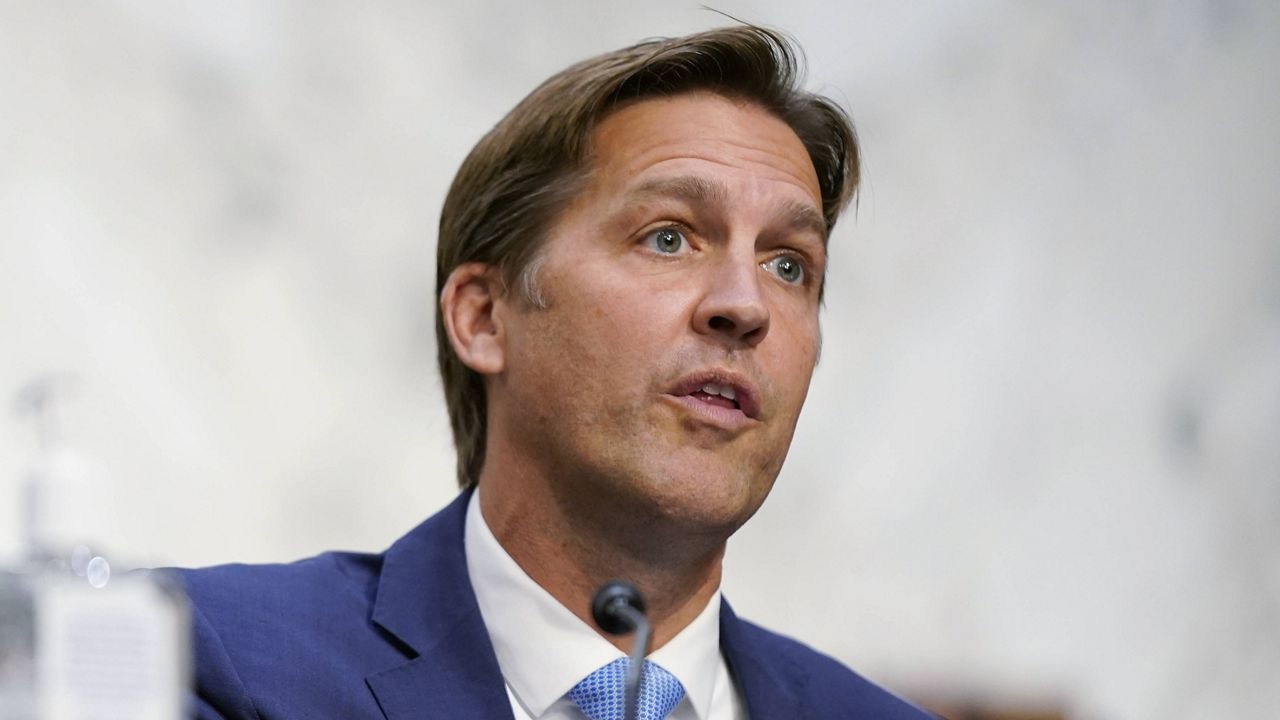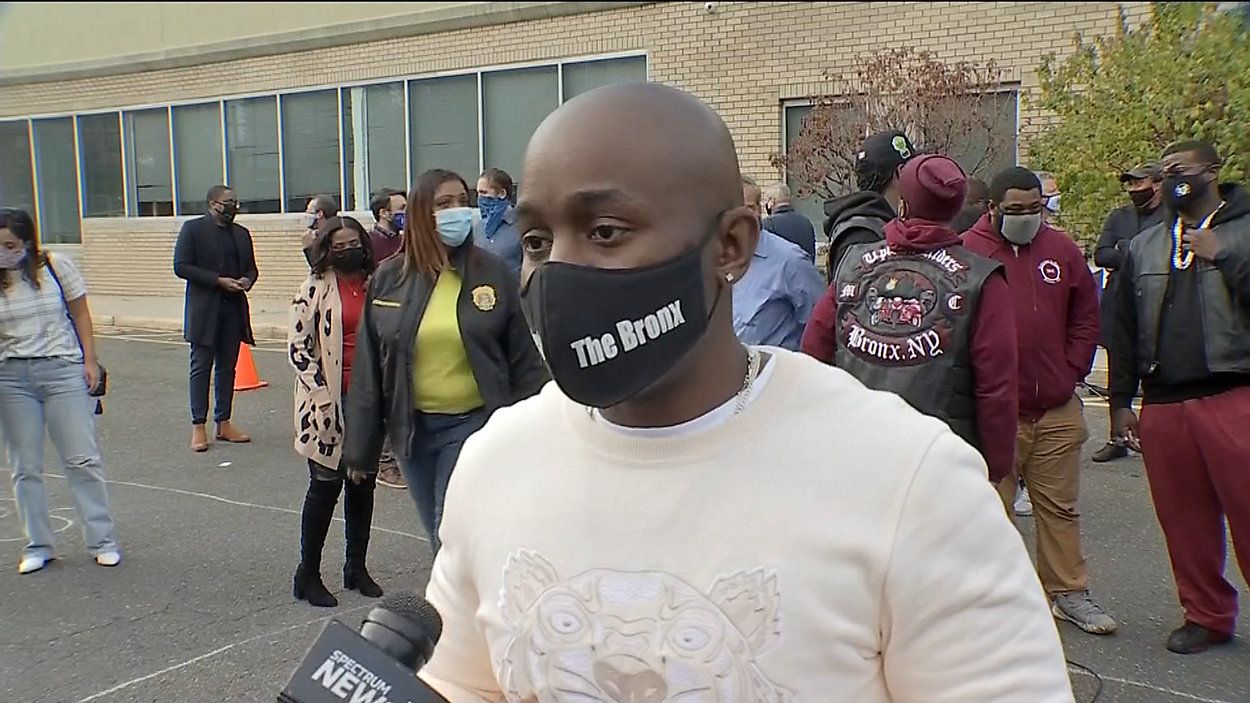Mike Bloomberg stepped into a church on a Sunday. This time, it was June 2012.
"I understand why some people call for stops to be eliminated entirely, but there's no denying that stops take guns off the street and save lives," the former New York City mayor said. "I believe the practice needs to be mended, not ended."
That June 2012 speech was one of many, many times the then-mayor defended the practice of stop-and-frisk by the NYPD:
June 2012: We're not going to walk away from the technique. We are not going to lose control of our streets.
May 2013: If you think you're going to get stopped, you don't carry a gun. And if you don't carry a gun or look like a suspect.
July 2012: I don't know how we are going to have the NYCLU [New York Civil Liberties Union] or the courts on the streets everyplace. They sit there and they pontificate and they complain, but they don't do anything. Our police officers put their lives on the line every day.
It's a far cry from the Bloomberg we saw this past Sunday — a Bloomberg who, after years of saying stop-and-frisk was the way to keep New Yorkers safe, said he was instead sorry.
"However, today, I want you to know that I realize back then that I was wrong. And I am sorry," Bloomberg said Sunday at a speech at a Brooklyn church.
"If he wasn't running for president, he probably wouldn't have done this. But I understand why he did it. And he wants to set the record straight and he felt that apologizing for it was the right way to go, and I don't have a problem with that. I just wish he would have articulated it a little bit better," Joe Esposito said.
Esposito was chief of department for the NYPD for 13 years, the entire time Bloomberg was mayor and at the helm during this stop-and-frisk era. It is a tactic Esposito says is still a useful tool.
"The only message I think that is bad that he sent is that he apologized for the use of stop-question-and-frisk. I don't think that was the way he should have presented it," Esposito said. "It should be the overuse of it. But we're going to continue to use it."
As soon as Bloomberg took office in 2002, the number of stops by the NYPD skyrocketed, climbing to its highest point in 2011. They began to fall when a class action lawsuit against the practice made its way through court.
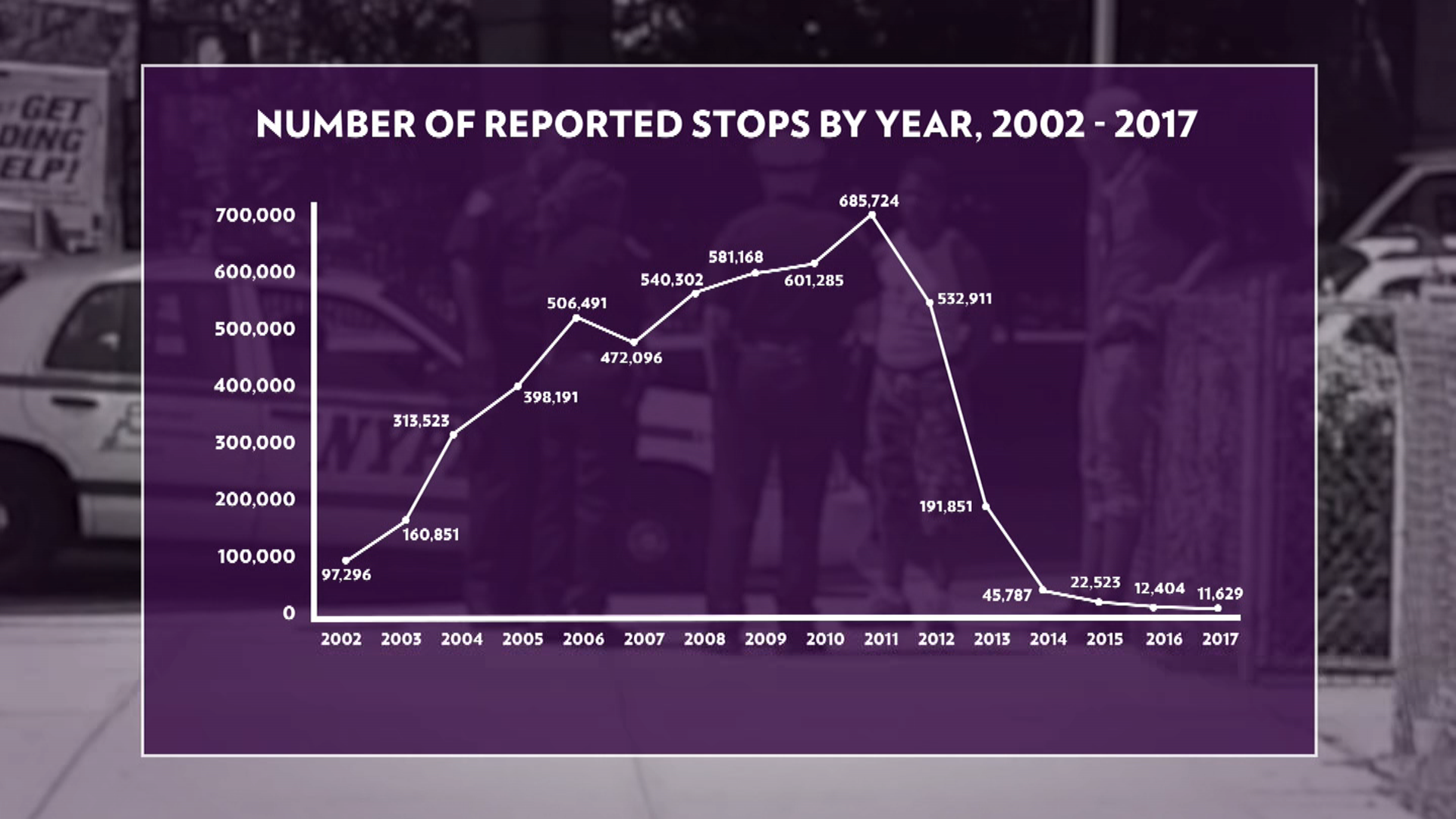
Gross: Do you think you have to apologize for it?
Esposito: When Giuliani first came in and he put in [former Police Commissioner Bill] Bratton, there were 2,200 murders in this city. Right now, there are less than 300. Crime is down, in the last 26 years, just about 80 percent. I have nothing to apologize for.
Of course, Bloomberg's apology is seen through the lens of 2020. We are expecting an official announcement from him in the coming days.
------
Looking for an easy way to learn about the issues affecting New York City?
Listen to our "Off Topic/On Politics" podcast: Apple Podcasts | Google Play | Spotify | iHeartRadio | Stitcher | RSS






